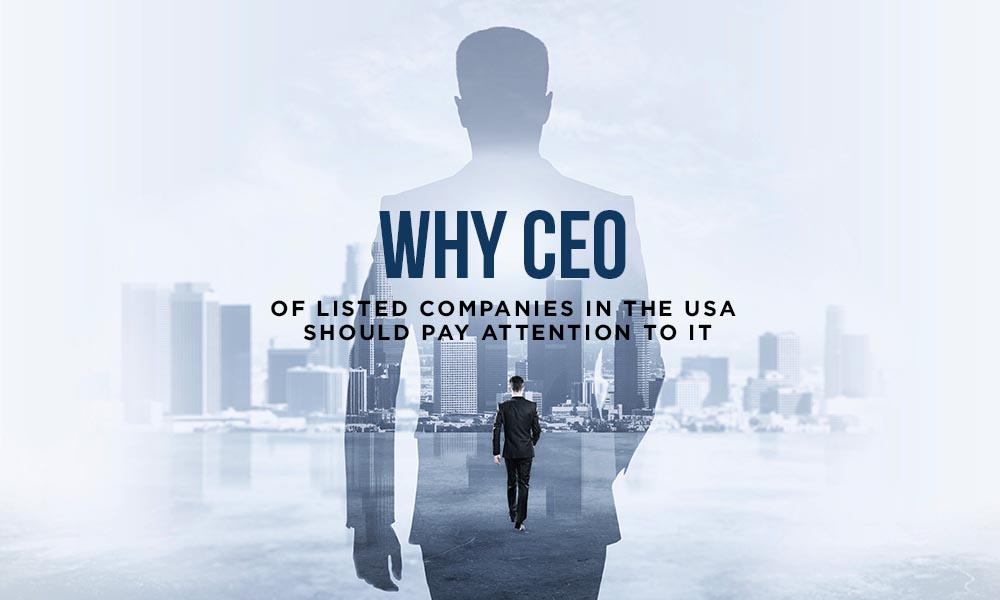The structure and level of executive compensation are fiddly and a debated topic, which often are scrutinized by regulators, investors, politicians, and executives themselves. This blog explores how external changes in personal income tax rates impact the composition, level, and incentive properties of the composition of a CEO in listed US companies.
To make our information truthful, we have collected information from some renowned sources over the internet. The data (personal income tax rates) is available on the official website of the Tax Policy Center for the period of 1992-2018. The data includes changes in state-level personal income tax as the explanatory variable. State-level changes in personal income taxes happen more often when compared to federal tax changes. State-level changes in personal income taxes do not impact every state simultaneously.
How many changes have been between 1992-2018? Tax Regulation
Over the 1992-2018 period, there were 347 changes in the top state personal income tax rates. 38 of them had substantial shifts of at least one percentage point, and 109 of these were increases. The study primarily evaluates the 38 significant changes in tax rates, comprising 22 tax increases and 16 tax decreases. There are 38,786 observations on CEOs overall, broken down by company and year.
The empirical model estimates that CEO compensation increases by 5.7% two years after a state personal income tax increase. One year after a tax hike, there is little to no change in remuneration; therefore, it typically takes two years for CEO salary to adjust. According to the estimations, tax rises have a different impact on CEO pay than tax lowers because there is no change in CEO pay after a tax cut.
Does CEO Compensation Changes Following a Tax Increase?
The CEO compensation increases by 5.7% two years after a state personal income tax increase, according to the empirical model. There is typically no immediate change in CEO compensation following a tax increase. On average, it takes two years for their compensation to adjust. The estimates reveal that CEO compensation does not decrease following a tax reduction, but decreases following a tax increase.
It is assessed whether changes in state personal income taxes affect the composition of CEO compensation, including cash, stock, and options. After a significant increase in personal tax rates, both cash and stock pay experience a notable increase two years later. Cash pay increases by 1.2% and stock pay increases by 12.6%. Non-equity incentive pay, such as cash bonuses for reaching sales targets, significantly increases CEO compensation by 15.9%. There is currently no proof of any alterations made to the CEO’s compensation in regards to options. Recent shifts in payment structure indicate that companies are increasing cash compensation to assist CEOs with liquidity problems, while also increasing stock compensation to better align CEO incentives with shareholder interests.
If there is a substantial increase in income tax, it can impact a CEO’s liquidity requirements as they will have to pay the increased personal tax obligation in cash. To pay the tax bill, one option available to the CEO may be to sell the stock that they had obtained through previous share awards. It has been confirmed that CEOs sell significantly more shares one year after a major tax increase compared to other years.
How Increased Income Tax Regulation Impact CEO’s Earnings?
Increased income tax rates reduce the CEO’s after-tax earnings and encourage him or her to negotiate a larger before-tax salary with the company. It is usually relatively easier to negotiate when the company is more profitable. CEOs in companies within highly profitable industries receive a pay increase that is more than two times higher than the average increase across all companies. This indicates that when an industry is more profitable, the impact of tax shocks on CEO compensation is magnified.
There is a noticeable contrast in the probability of CEO turnover between the categories that have received CEO pay raises and those that have not. In businesses that do not increase the CEO’s salary after a tax hike, about 10% of the affected CEOs experience turnover. On the other hand, companies that grant their CEOs pay hikes only have a 4.5% yearly turnover rate after tax hikes.
The analysis delves into the effects of altering CEO pay on a company’s performance, as indicated by its Return on Assets (ROA) and stock return. Companies that raise CEO compensation in response to a significant personal income tax increase experience significantly higher ROA and stock return. Boards can use compensation to retain valuable talent and improve company performance, even in the face of negative shocks unrelated to CEO quality.
It has been concluded that there is a correlation between CEO compensation and the net-of-tax rate, which represents the income left after taxes. If the net-of-tax rate decreases by 1% due to a state income tax increase, there is a subsequent 0.943% increase in total compensation for CEOs two years later. Based on the analysis, it seems that a pay increase of 1 would be enough to fully compensate the CEO for the after-tax pay difference caused by the increase in state personal income tax rate. This finding suggests that it would take approximately two years for the CEO to be fully compensated in this scenario.
This blog offers important insights for policy makers and regulators who are considering income tax rates for high earners such as CEOs at both the state and federal level. The findings suggest that simply raising taxes may not effectively address the income disparities between top executives and the average workers. A distributional analysis is necessary to determine who would bear the cost of the tax hike, which could impact shareholders, bondholders, employees, customers, or suppliers.
Also Read: Cryptocurrency- How It Embraces Its Potential as Digital Assets in the USA
Conclusion-
A strict distributional analysis policy in the USA can cap how a CEO and how an executive should be paid. There should be a hierarchy of payments as per the qualification requirements of the post. Hope you learned valuable points on tax regulations and why should a CEO must keep eyes on new reformation.











